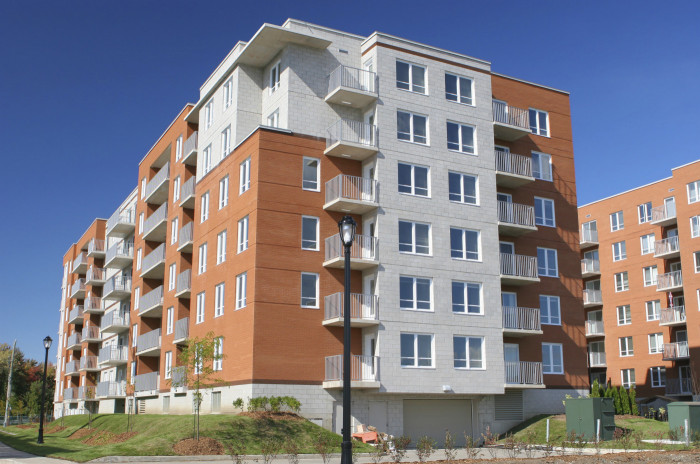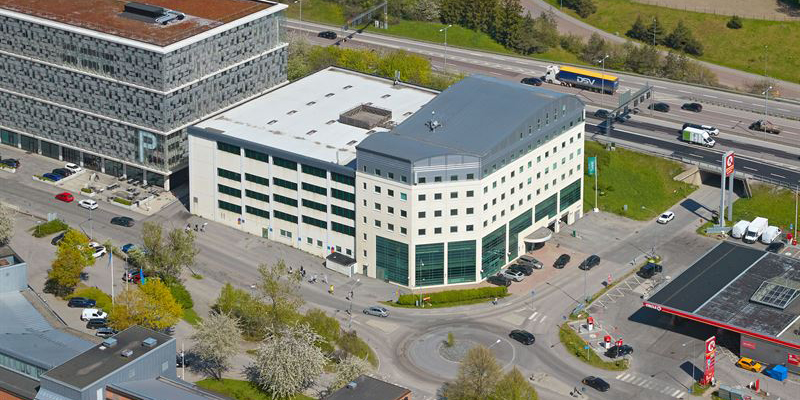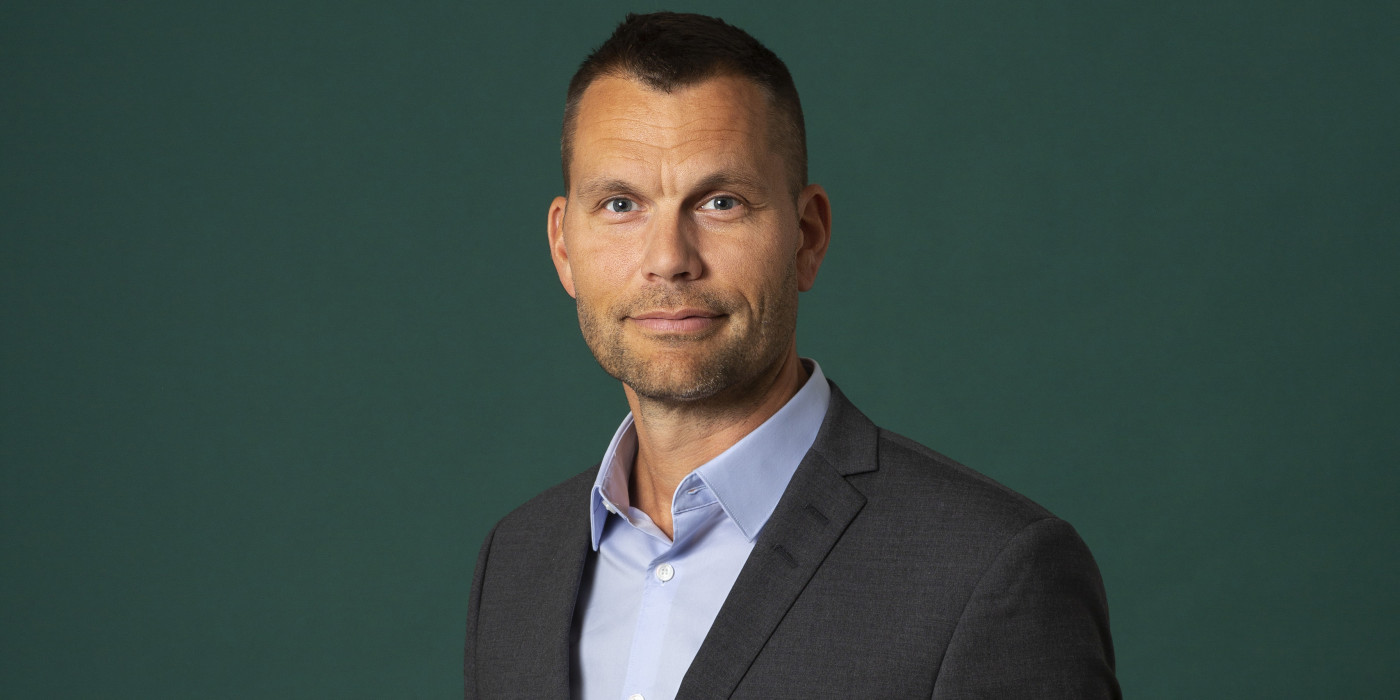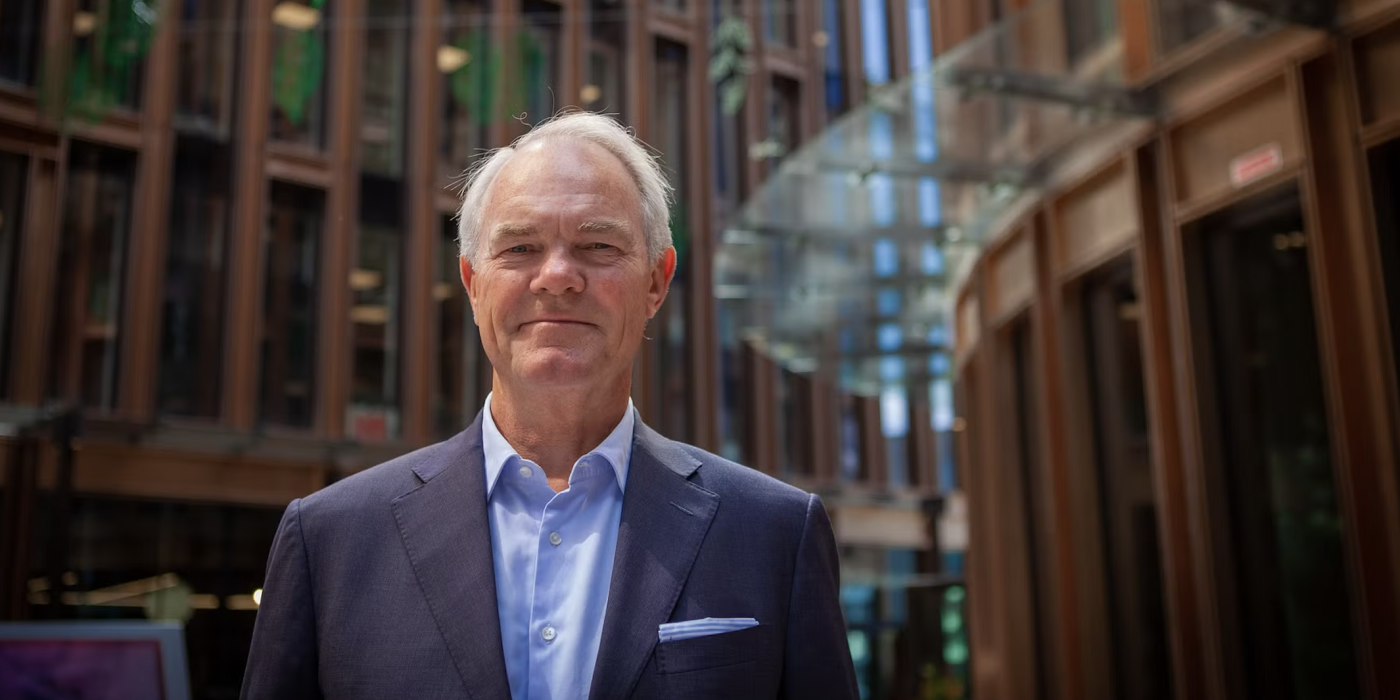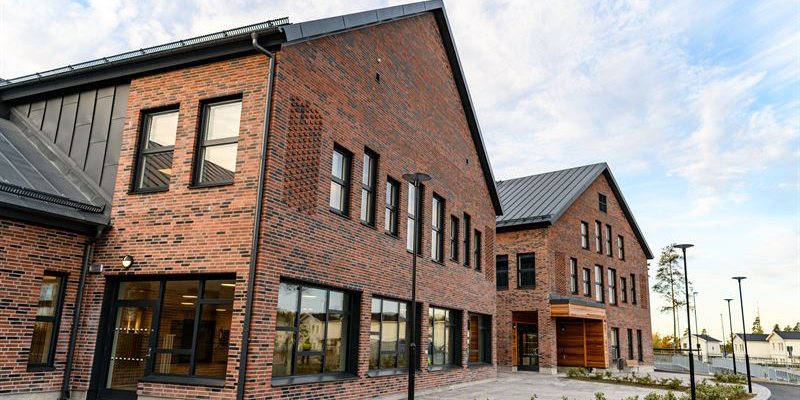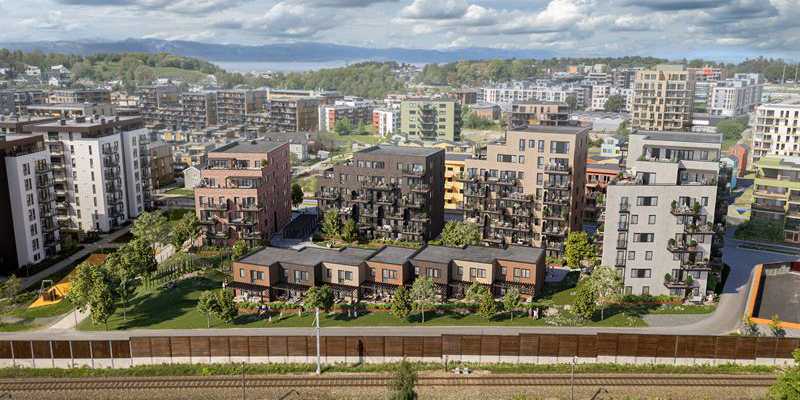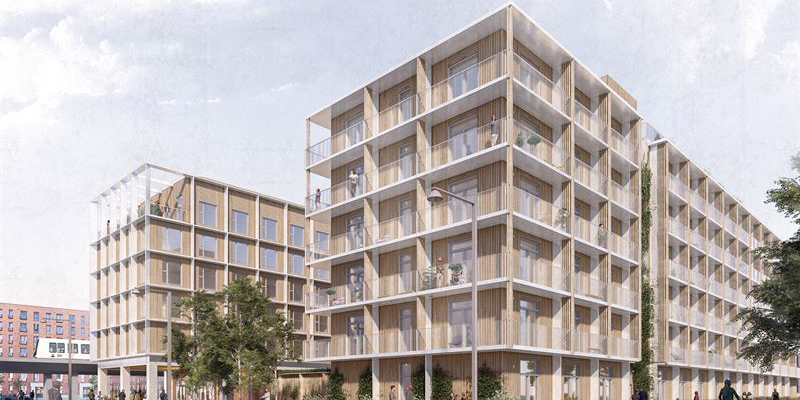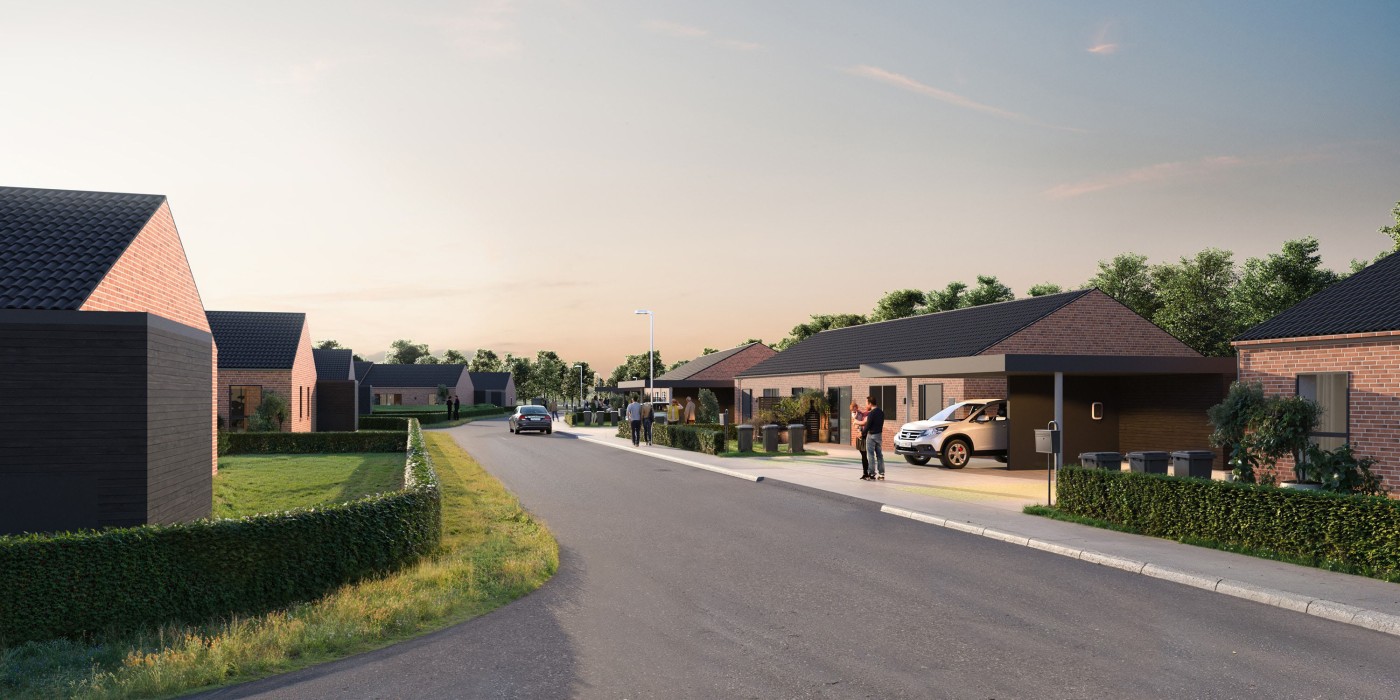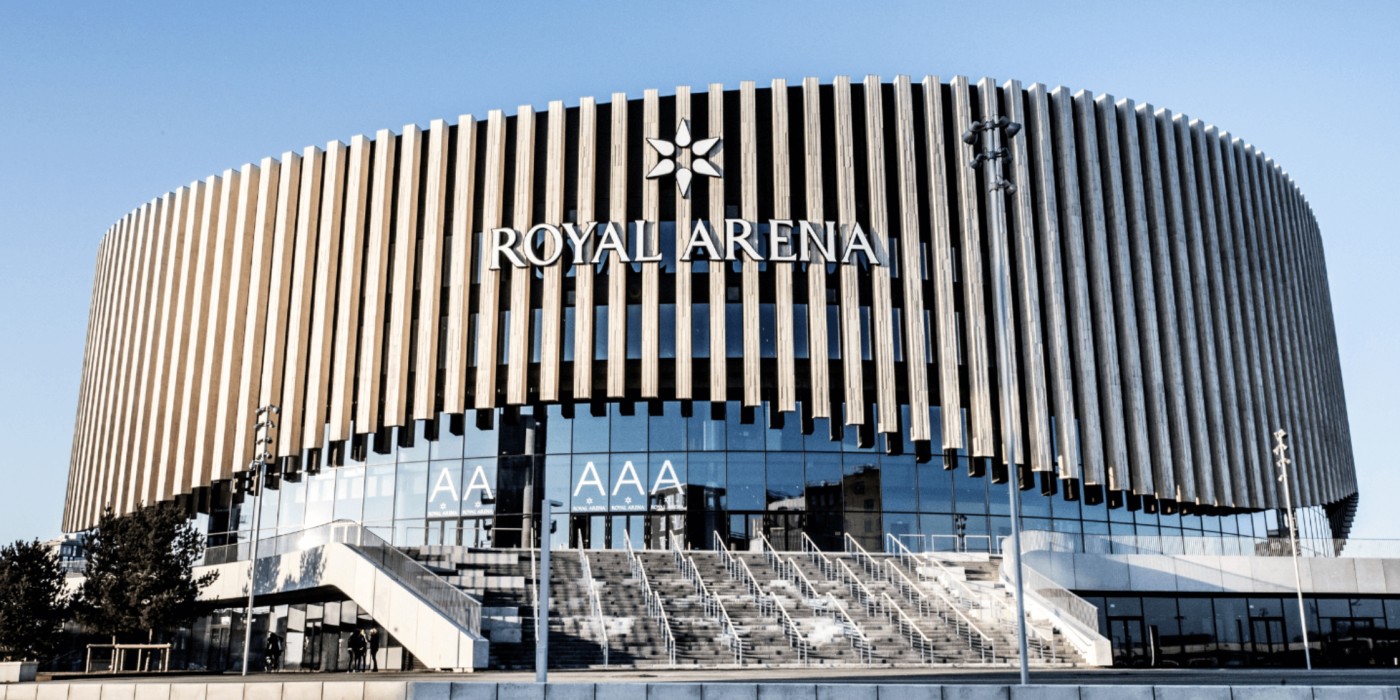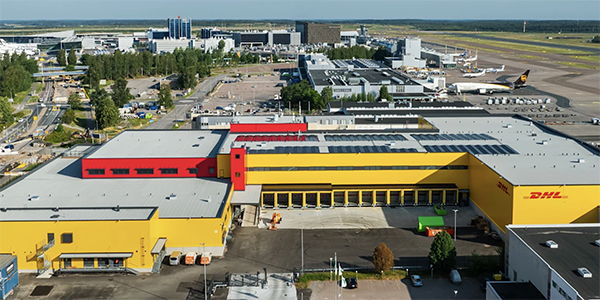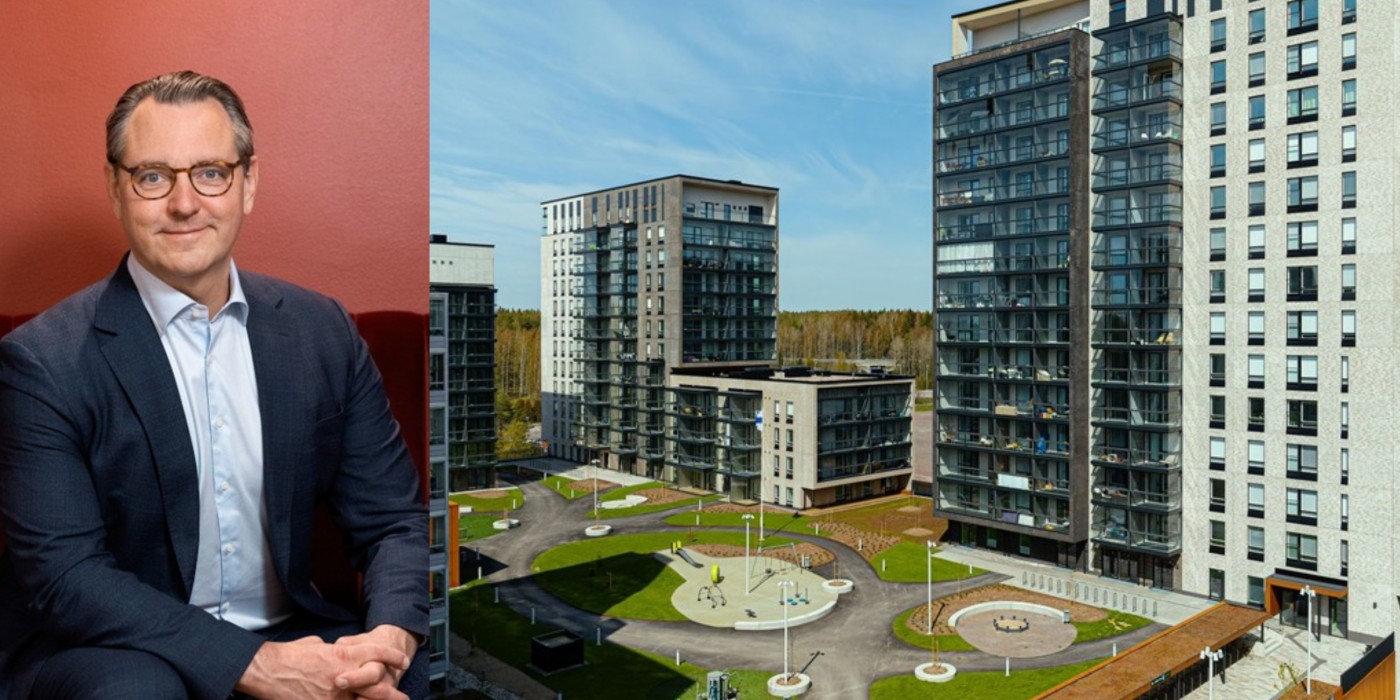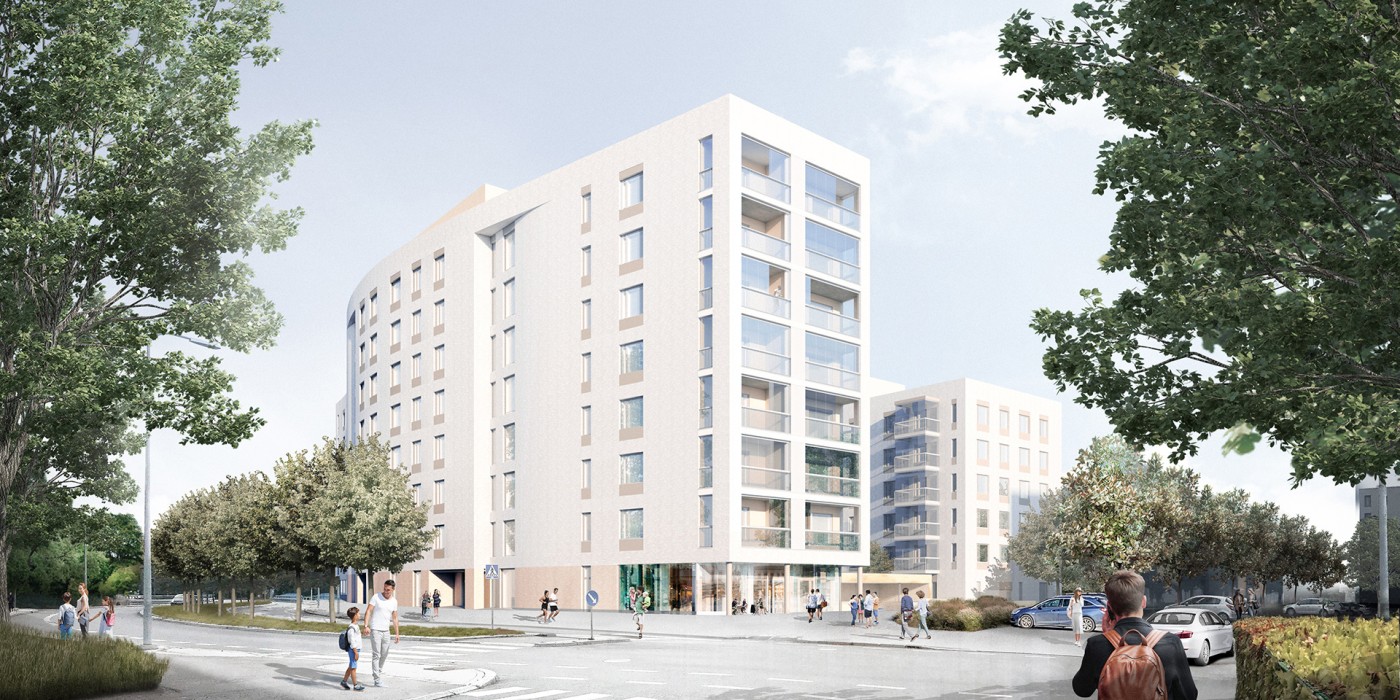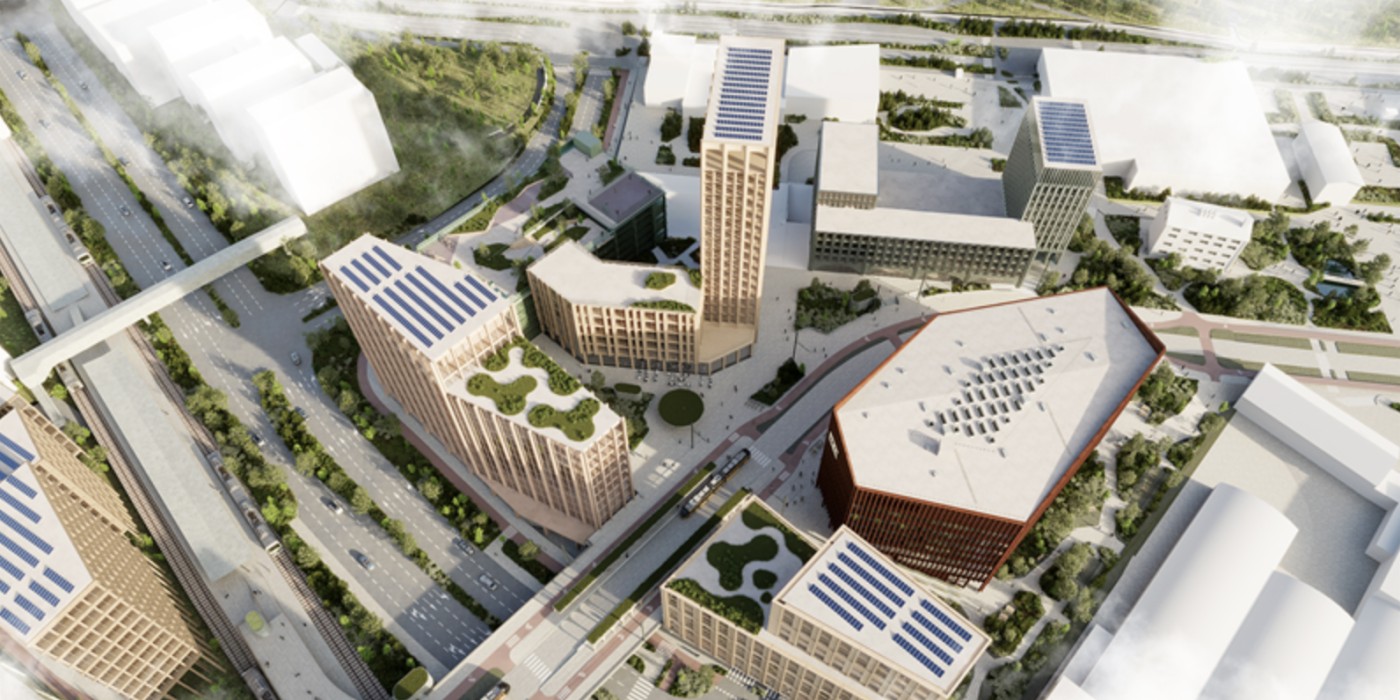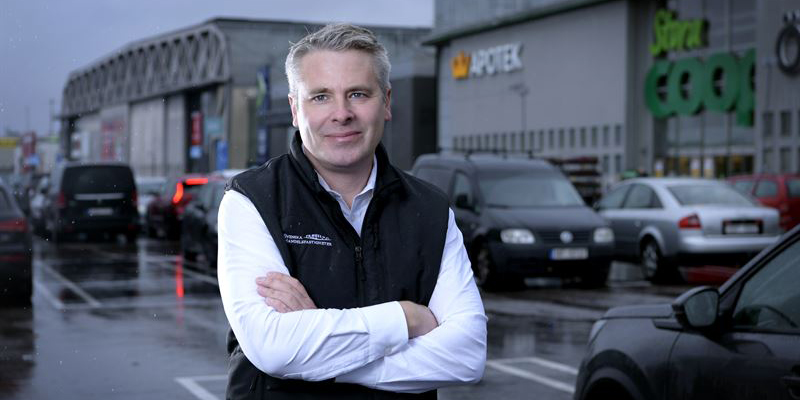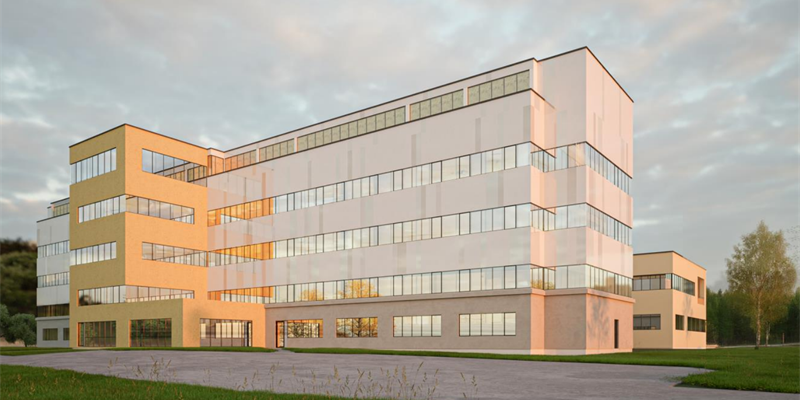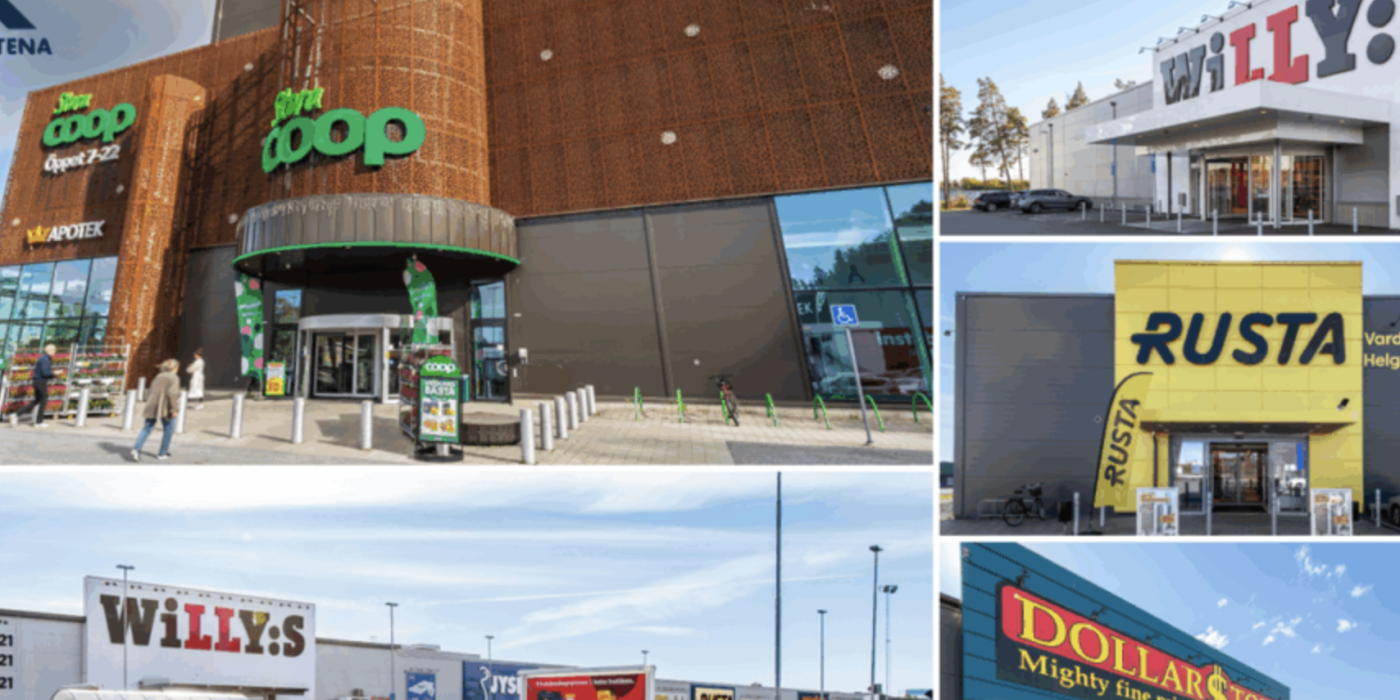There is a clear discrepancy between the relationship Swedes have with their neighbors today and the one they want in the future. Only one in two has a good or very good relationship with their neighbors today, while seven out of ten want to have a good relationship with their neighbors in the future. The three main obstacles to a better relationship are lack of time, that you have nothing in common and that there are no good contexts or points of contact.
"Lack of time is understandable. The fact that many see a lack of contact points or context to establish a relationship with their neighbors is, on the other hand, sad. Above all, considering that so many people want a better relationship with their neighbors", says Erik Wikander, vice president of Swedish Real Estate Agency.
"How people want to socialize is not really rocket science. You prefer to grill, have coffee or play games. You also want to borrow things from each other, organize auctions and look over the housing area together. The desire to socialize is great. 52 percent think places and contexts that facilitate meetings with others are important for feeling at home in an area. The big problem is that every fourth person feels that they completely lack points of contact to develop a relationship", says Erik Wikander, vice president at Swedish Real Estate Agency.
The report shows that young people's fear of neighbors is worse than older people's. Of those under 30, only 30 percent have a good or very good relationship with their neighbours. The same figure for those over 60 is 64 percent. Both age groups, on the other hand, have a strong desire for better neighborly relations in the future – 73 percent of the older and 61 percent of the younger. Another insight is that young people, especially in big cities, feel the most alone, but least want to have a relationship with people in their area.
"The situation of young people in the housing market is tough as it is. It is therefore worrying to see that they are both the most lonely and the ones who shy away from their neighbors the most. It is clear that there is a fear of neighbors that needs to be broken", says Erik Wikander, vice president of Svensk Fastighetsförmedling.
Another insight is that social community between neighbors and in the immediate area is crucial to the feeling of security. 71 percent see relationships with people in the immediate area as a security factor and 55 percent think that a good community affects the attractiveness of the residential area. 35 percent also think that community has become even more important after the pandemic.
"We can see that relationships with people are one of the most important security factors for people to thrive in their local area. It is even the case that there are more people who want to have a good relationship with their neighbors than with their colleagues. In times of hybrid working methods, the AW of the future may be taken with the neighbors rather than the colleagues", says Liza Nyberg, CEO at Svensk Fastighetsförmedling.

 All Nordics
All Nordics
 Sweden
Sweden
 Denmark
Denmark
 Finland
Finland
 Norway
Norway
